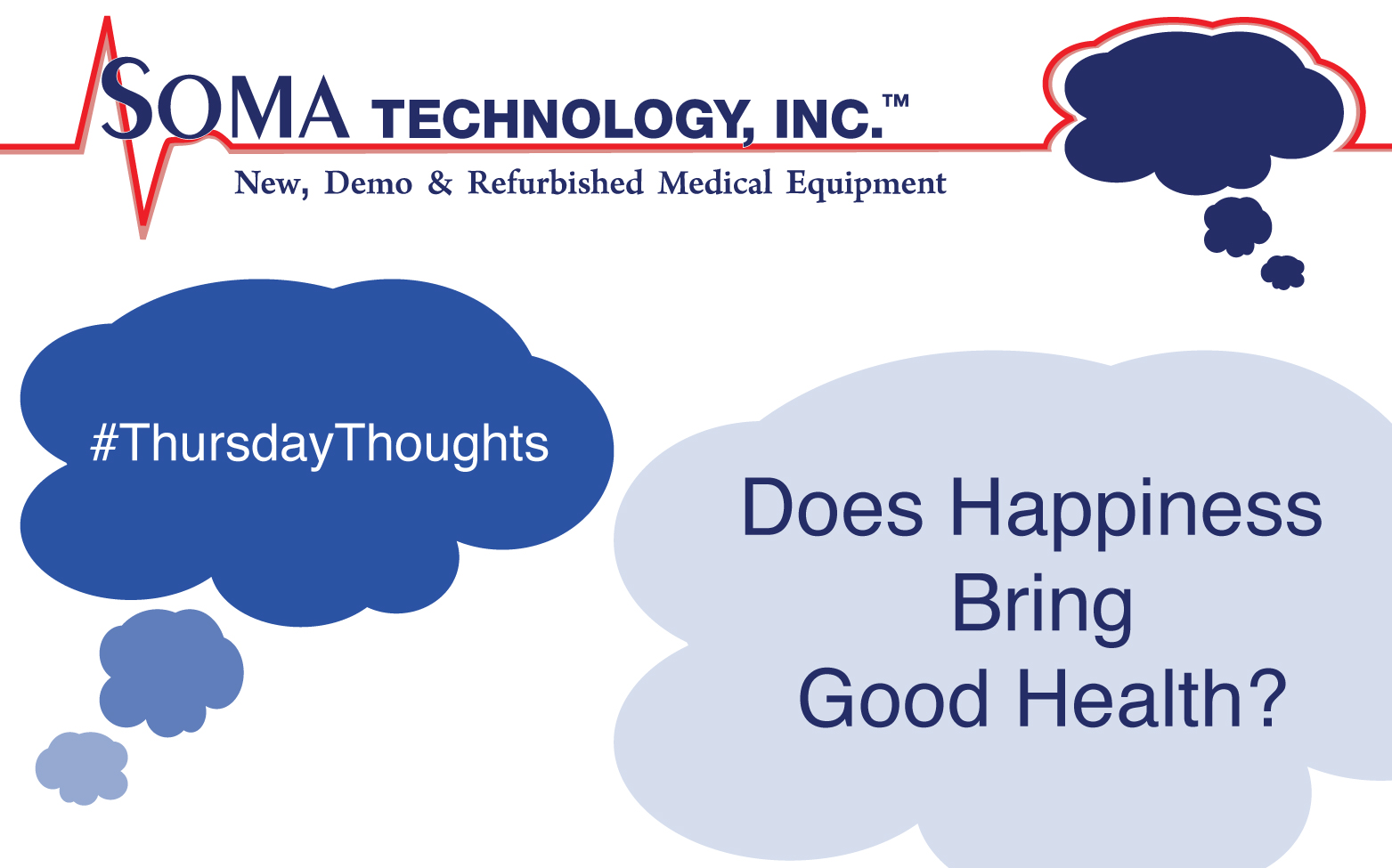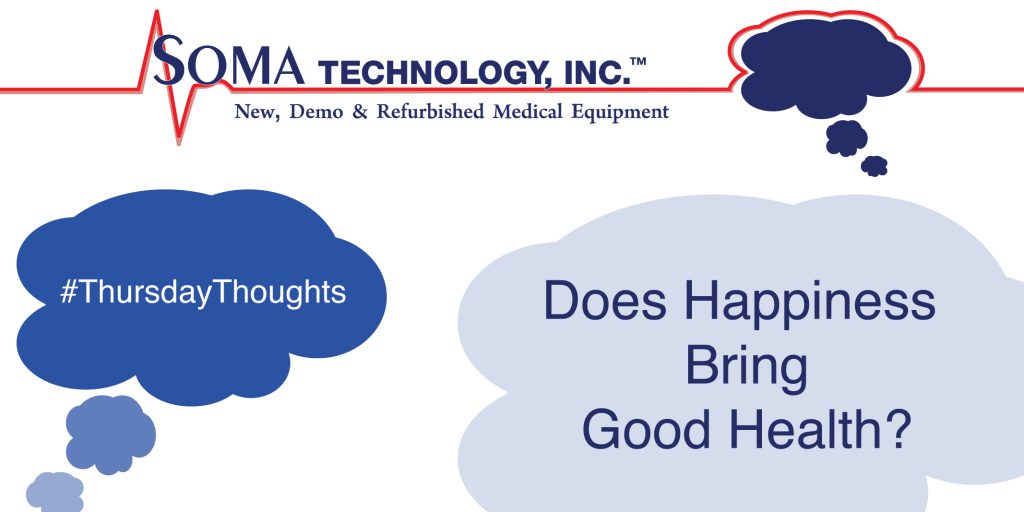Does Happiness Bring Good Health?
December 21, 2017

Does Happiness Bring Good Health?
Many scientific studies show a connection between psychological and physical well-being. In 2012, Kubzansky from the Department of Society, Human Development, and Health found more than 200 studies that have found a connection between positive psychological attributes, such as happiness, optimism, and life satisfaction, and a lowered risk of cardiovascular disease. Kubzansky published these finding in the journal Psychological Bulletin.
It’s not as easy as just being happy to prevent heart attacks, but a good sense of well-being is easier to maintain good health habits. These health habits including; Exercising, eating a balanced diet and getting enough sleep. Studies show that individuals who are optimistic may be more likely to engage in these behaviors because they help them achieve their goals.
For now, these studies can only show associations; they do not provide hard evidence of cause and effect. Many researchers do speculate that positive mental states do have a direct effect on the body, perhaps by reducing damaging physical processes. For example, Kubzansky also found that some studies found that optimism is associated with lower levels of inflammation.
Do you think this is just a myth? Why not try it for yourself? Here are 5 ways researchers found to bring more happiness into your life.
5 Tips for Happiness
Practice Kindness
Buy Experiences, not “stuff”
Buy “Stuff” that creates experiences
Focus on time, not money
Lose yourself in your activities
Does Money Buy Happiness?
You might be thinking; “Maybe I would be happier if I had more money.” But you might also have heard the old cliché that “money doesn’t buy happiness”, but is that true? Kahneman of the Proceedings of the National Academy of Sciences of the United States of America did a study in 2010 on this. The study showed that money actually does buy happiness, but up to a certain point. What is that certain point? Happiness will rise up until the household income is $75,000.00. The study found that income after this did not increase day-to-day happiness. It also depends on what individuals do with that money. Although more money doesn’t’ necessarily buy more happiness less money is associated with emotional pain.
Experiences not Possessions
You may have also heard, “Have you ever seen a sad person on a jet ski?” Several studies suggest that experiences make us happier than possessions. That’s partly because once you have purchased something such as a new jet ski or car, you get used to seeing it every day leading to the decline of joy for the possession. You can experience more joy and happiness from experiences rather than possessions over time. Experiences from “powerful and important memories that I wouldn’t trade for anything in the world,” said Thomas Gilovich, Professor of Psychology at Cornell University.
Have you experienced better health based on your happiness? Let us know in the comments below.
Explore Other Blog Items By Category
Recent Posts


EKG vs ECG | What’s the Difference Between ECG and EKG?

